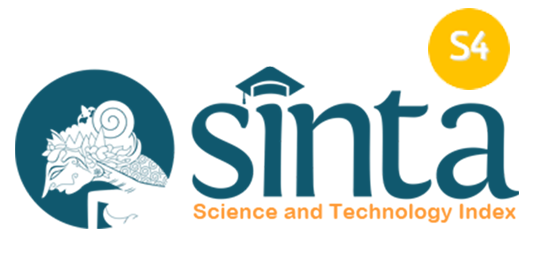Analysis of Accounting and Management Students' Knowledge Regarding Cost Accounting in Jabodetabek
DOI:
https://doi.org/10.33005/ebgc.v7i02.1524Keywords:
Accounting and Management Students, Students Knowledge, Cost Accounting, Jabodetabek, ManagementAbstract
The aim of the study is to examine the influence of attitude toward behavior, subjective norms, and behavioral intention on actual behaviour. The research population comprises students enrolled in accounting and management programs at Jabodetabek, with a specific emphasis on cost accounting. The sample had 128 individuals, that includes of accounting and management students from private institutions in Jabodetabek. The data was collected from January to February 2024 over a period of two months, utilizing a questionnaire and employing multiple regression analysis as the approach. The research pertains to a cohort of students enrolled in the accounting and management study program within the Jabodetabek region, who possess a familiarity with technology, particularly in relation to the advancement of cost accounting courses. The study's findings demonstrate that attitudes toward behavior positively influence accounting and management students' understanding of cost accounting in Jabodetabek regarding actual behavior, while subjective norms also positively impact their knowledge of cost accounting in relation to actual behavior. The intention to act has not influenced actual behavior. This research may indicate that cost accounting is a mandatory course for students pursuing accounting and management careers.









